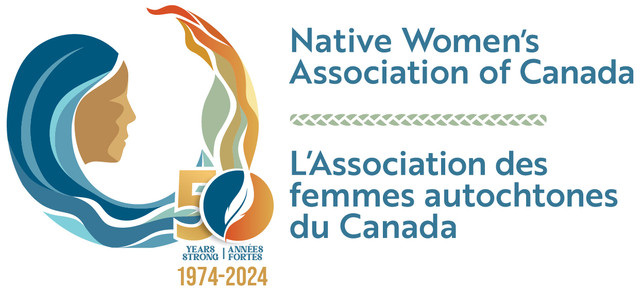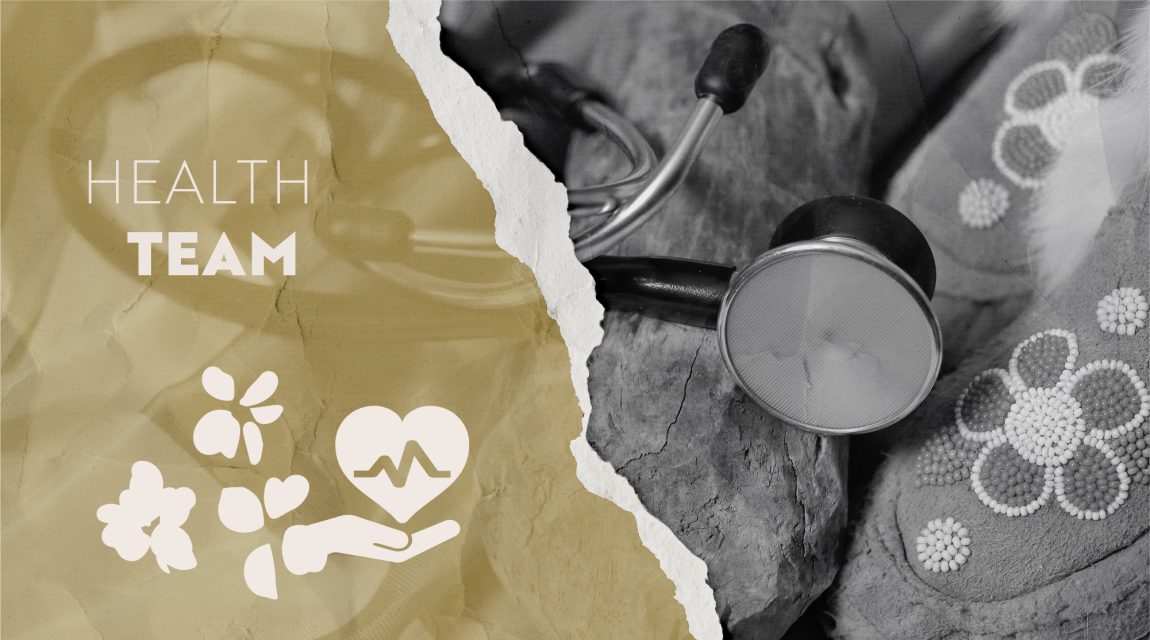The health team recently finished NWAC’s Co-development of Distinctions-based Indigenous Health Legislation project, funded by Indigenous Services Canada. This project is part of the Government of Canada’s efforts to support the transformation of health service delivery by collaborating with Indigenous organizations to develop, provide, and improve services in order to increase Indigenous-led health service delivery.
NWAC advocates for equitable and accessible health care for all First Nations, Inuit, and Métis women, girls, Two-Spirit, transgender, and gender-diverse people, regardless of where they live. We apply an intersectional, culturally relevant, gender-based lens to all our work, and we are well-positioned to ensure that the perspectives of Indigenous women, girls, Two Spirit, transgender, and gender-diverse people are included in the government’s current engagement.
For this project, NWAC recruited Indigenous women and 2SLGBTQQIA+ people with expert knowledge in a variety of areas, from Canadian constitution and legislation to the administration and regulation of health care systems in Canada. We successfully recruited 12 Indigenous women and 2SLGBTQQIA+ people from British Columbia, Saskatchewan, Northwest Territories, and Ontario.
We then held three roundtable sessions in October and November of 2021. The NWAC team transcribed the data collected at the roundtables and conducted an analysis. External consultants helped with the analysis and report writing. The findings inform NWAC’s advocacy, direction, and guidance on Indigenous health legislation.
There are many distinctions-based, community-based, and needs-based considerations to acknowledge regarding the health of Indigenous Peoples in Canada. NWAC’s culturally relevant gender-based analysis shows that Indigenous women, girls, Two-Spirit, transgender, and gender-diverse people face unique forms of oppression in Canadian health care systems, including racism, gender-based discrimination, medical violence, and neglect. Long-standing health inequities between Indigenous and non-Indigenous people have been the subject of several inquiries and reports in Canada. These inequities disproportionately affect Indigenous women, Two-Spirit, transgender, and gender-diverse people.
Below is a summary of our findings, collected from the responses that expert participants provided to the project research questions:
- Indigenous women, girls, Two-Spirit, transgender, and gender-diverse people are distinct
- Indigenous health legislation must provide for equality in funding
- Indigenous health legislation must provide for educational needs within health systems and in Indigenous communities
- Principles of equality and inclusion in co-development need to be developed
- Co-development must be meaningful and transparent
- Indigenous people have a right to safe care
- Binding accountability mechanisms on government are required
- Indigenous quality standards must be incorporated in health service delivery
- Better data are needed
- An Indigenous-led authority for oversight must be created
Indigenous health legislation has the potential to impact all Indigenous Peoples in Canada. Indigenous women, girls, Two-Spirit, transgender, and gender-diverse people are caregivers in their families. As community leaders who provide balance and health, it is important that Indigenous women, girls, Two-Spirit, transgender, and gender-diverse people are the ones to lead transformative change in Canadian health systems.

